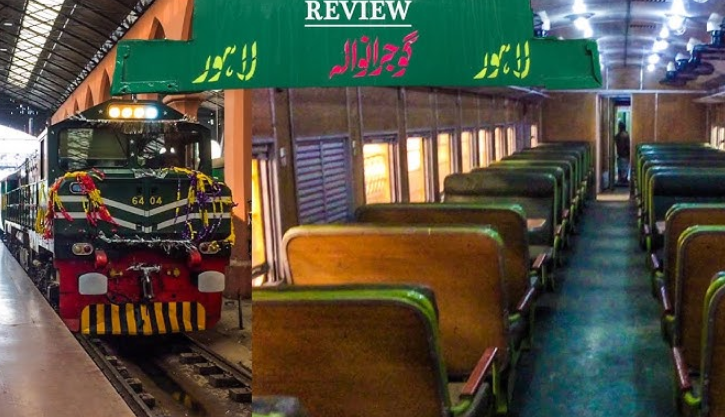In a bid to overhaul Sindh’s strained public transport system, the provincial government is moving ahead with plans to introduce a new passenger train service between Rohri and Karachi. The initiative is being positioned as a daily commuter-friendly route, aiming to shift some of the pressure off crowded highways and buses.
The decision emerged from a recent high-level meeting between Sindh Energy and Planning Minister Nasir Hussain Shah and senior officials from Pakistan Railways. The two sides discussed collaborative strategies for reviving rail infrastructure in the province, with the Rohri-Karachi route topping the list of immediate priorities.
Why the Rohri-Karachi Corridor Matters
Labelled a “need of the hour” by Minister Shah, the Rohri-Karachi train is more than a routine transport project—it’s an attempt to reestablish railway relevance in a region where road congestion and long-distance bus fatigue are daily realities. With Rohri serving as a major rail junction in upper Sindh and Karachi being the province’s economic engine, a direct, reliable train service between them could become a game-changer for thousands of commuters and intercity travelers.
Urban Rail Expansion Under Review
Also on the table is a larger vision: a suburban railway project modeled after Lahore’s urban rail system. This proposed Karachi-Sukkur line would serve intermediate cities like Rohri, aiming to create a more cohesive rail network across Sindh. If greenlit, it could rival road transport in both frequency and convenience, especially for those traveling for work, education, or trade.
Joint Task Force to Fast-Track Implementation
To avoid the typical bureaucratic gridlock, a joint working group is being formed. This committee—comprising members from both the Sindh government and Pakistan Railways—will focus on solving operational bottlenecks such as outdated stations, safety at level crossings, and illegal encroachments on railway land.
Minister Shah also pushed for cleaner, greener, and more visually appealing station environments. He proposed that stations be adopted by private firms under public-private partnership models, a move that could offload maintenance costs while improving service standards.
Sindh Pushes for ML-1, Frustrated by KCR Delays
While reaffirming Sindh’s commitment to national railway mega-projects like the Main Line-1 (ML-1) upgrade, Shah didn’t shy away from criticism. He expressed frustration over delays in the Karachi Circular Railway (KCR) project—particularly the halt in anti-encroachment drives by railway authorities, which have stalled progress despite the provincial government having completed its part of the work.
Public Interest at the Core
“We’re willing to work with any institution as long as it benefits the public,” Shah stated, reinforcing the government’s broader commitment to infrastructure development and commuter welfare.
If executed as planned, the Rohri-Karachi commuter train and the suburban rail network could dramatically improve daily life for millions—reducing travel time, cutting road traffic, and restoring a long-neglected public asset: Pakistan’s railways.
